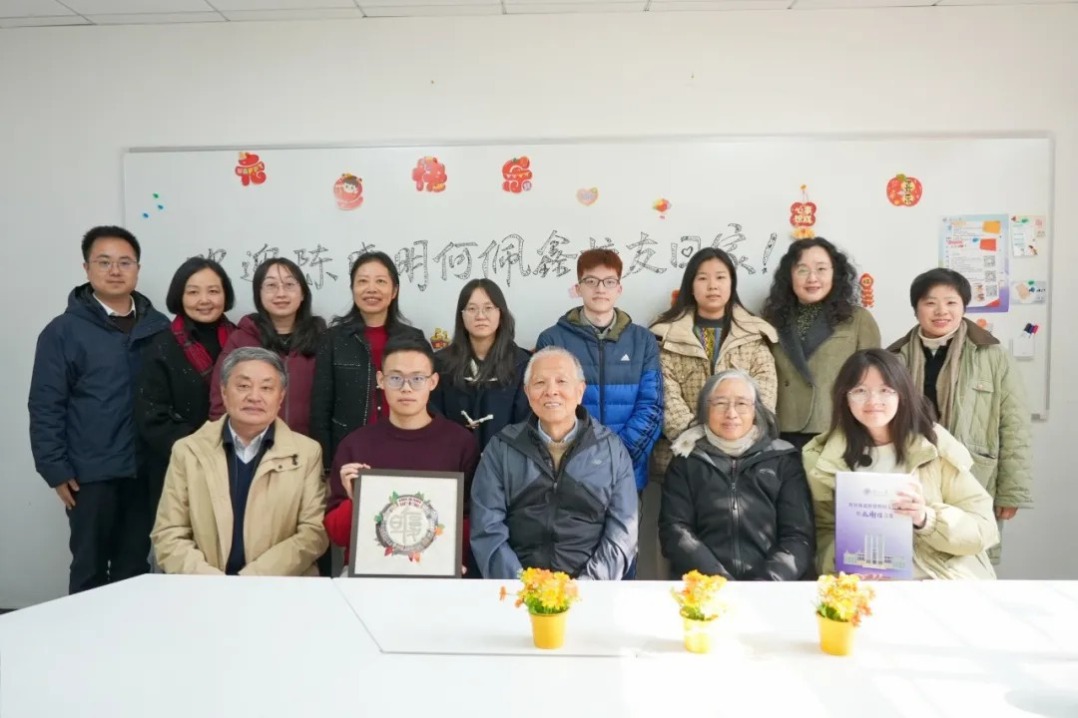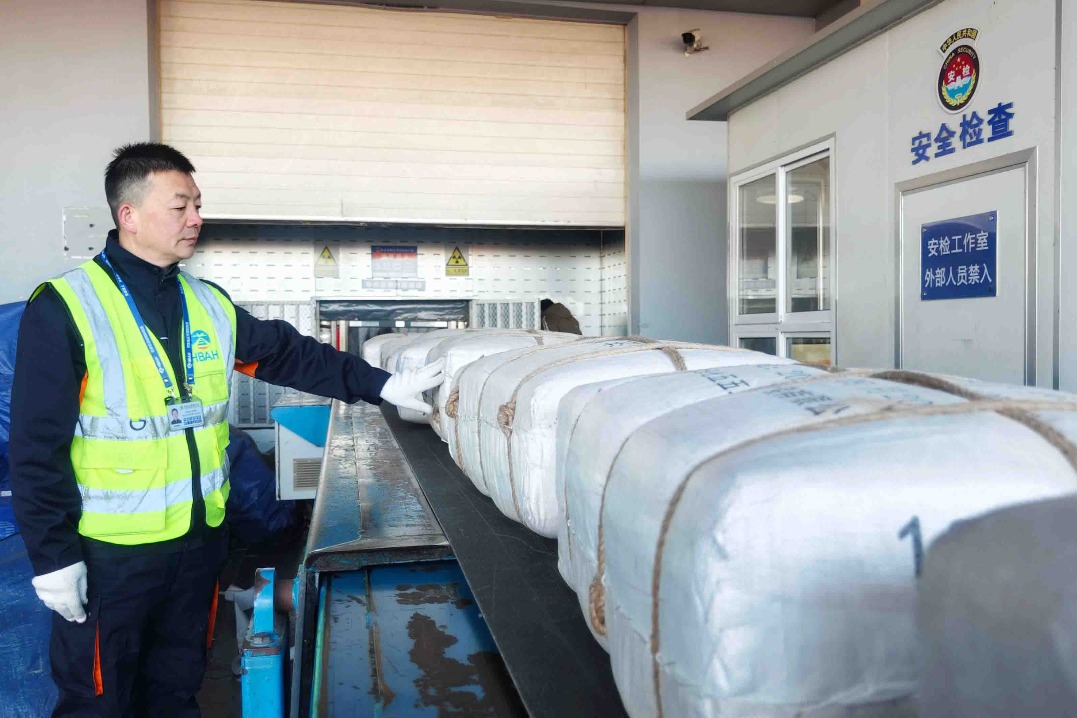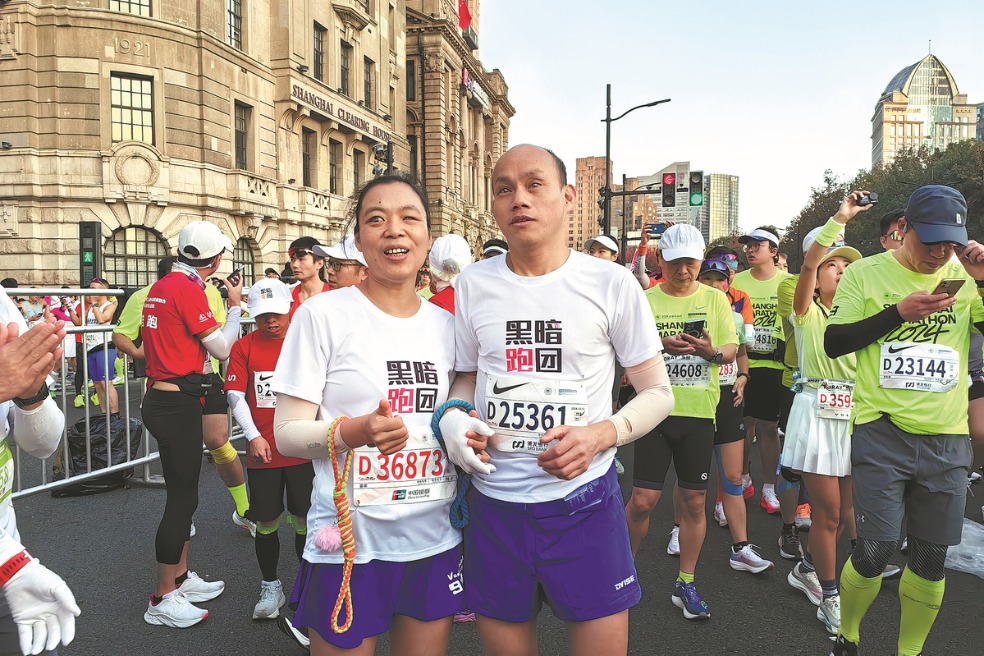Experts cast doubts on product's beneficial effects

During last month's Spring Festival holiday, a post on the micro blog of the National Health and Family Planning Commission advised the public not to purchase ejiao, stating that the gelatin product made from boiled donkey hides was "not as nutritious as chicken eggs for the human body".
Ejiao was once used in traditional Chinese medicine as a blood supplement and to balance yin and yang.
However, today it is used to prevent infertility or miscarriages, and regulate menstrual irregularities. In addition, it is commonly used to prevent wrinkles and aging of the skin.
When powdered, ejiao can be added to soups or eaten as a form of gelatin cake, a popular commodity that is often sold as a snack. Meanwhile, jujube, or red dates, coated with the product are available in many outlets.
In the early years of the Shang Dynasty (c. 16th century - 11th century BC), it was discovered that ejiao could have a beneficial medical effect. Meanwhile, during the Tang Dynasty (618-907), the gelatin was mixed with water and boiled donkey hide, then treated to make one of the first traditional Chinese medicines.
"Ejiao has the effect of enriching the blood and correcting deficiencies," said Zhu Qingwen, an associate professor at Beijing University of Chinese Medicine.
"It can increase the number of red blood cells and raise hemoglobin levels, as well as treating skin diseases resulting from deficiencies in the blood.
However, ejiao's long history of use as a traditional medicine is at odds with modern medical research, which has cast doubts about its supposedly beneficial health effects.
Yun Wuxin, an acclaimed science writer who holds a doctorate in food safety from Purdue University in the United States, said the concept of blood deficiency in traditional Chinese medicine does not equate to anemia in modern medicine. In traditional medicine, blood is used as a diagnostic indicator, and should not be regarded as similar to blood as it is known in modern medical concepts.
"It is not efficient to use ejiao to enrich the blood," he said, adding that the main ingredient of gelatin derived from donkey hides is collagen protein, which produces a range of amino acids after being boiled. However, it lacks tryptophan, an amino acid that plays a part in the synthesis of proteins, making it an inferior, less nutritious, substance.
Moreover, most research into ejiao was carried out several centuries ago. Ancient TCM practitioners rarely used donkey hide gelatin to enrich the blood. Instead, they mainly used it as a clotting agent to prevent bleeding.
- Xi meets Grenadian PM
- Memorial service held for victims of strong Xizang earthquake
- Warm shelters built for all in Xizang's quake zone
- Addressing mental well-being of disaster-affected people in Xizang
- Illegal fireworks sales targeted ahead of Spring Festival holiday
- China moves to improve public education




































